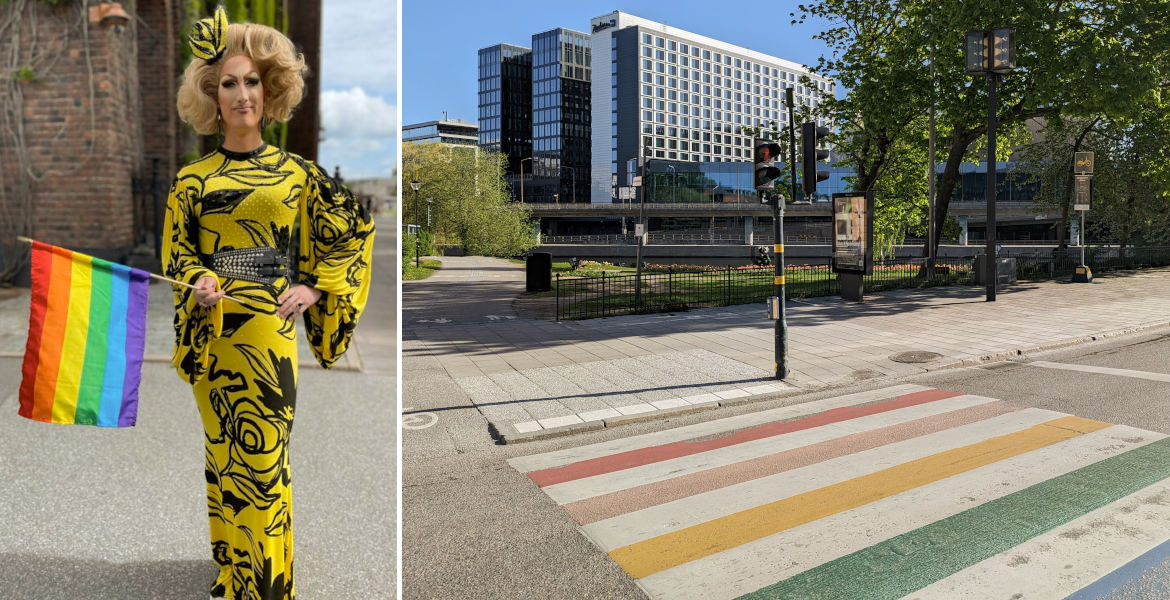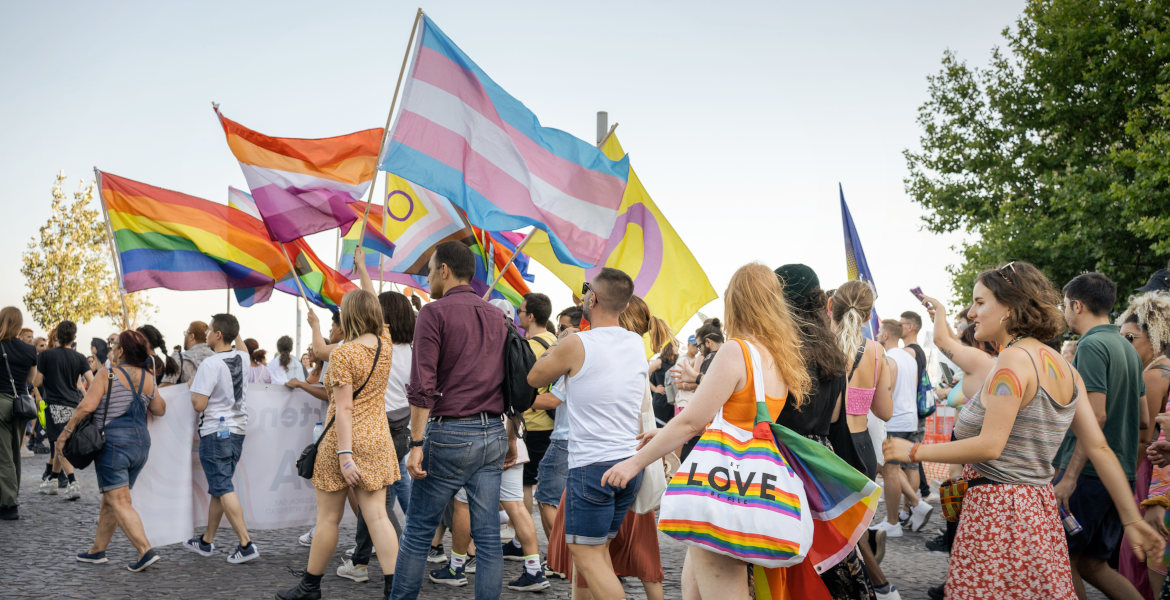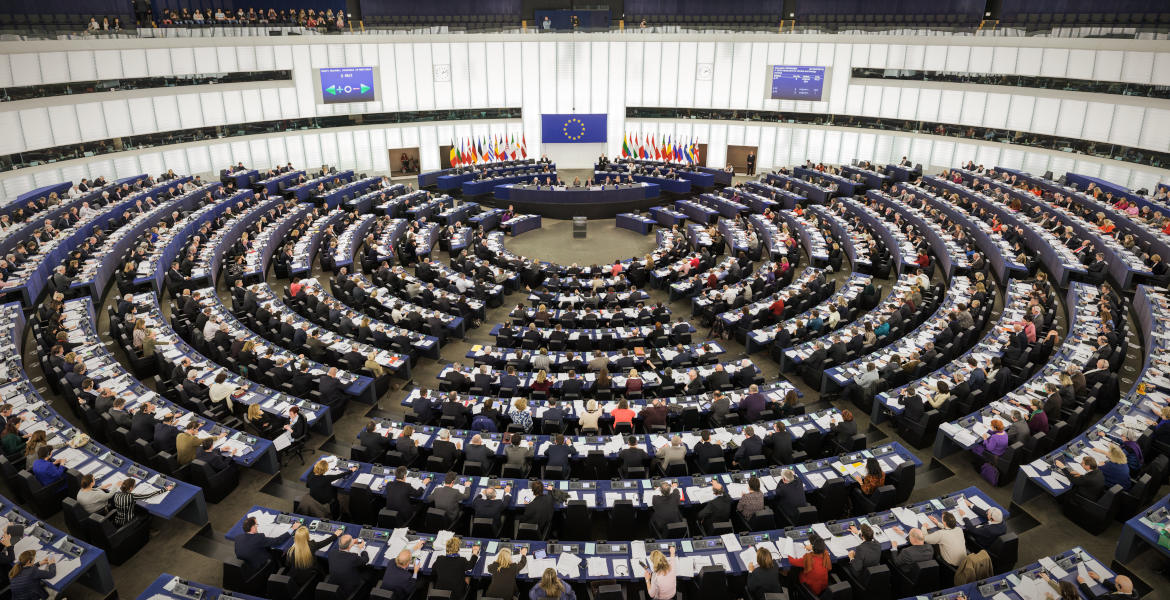The UK Supreme Court has unanimously ruled that the term "woman" in the country's equality legislation refers to biological sex and nothing else.
The ruling rejects the Scottish Government's interpretation, which included trans women in the definition and quotas for biological men who have "changed sex" as women in the workplace.
A panel of five judges, led by Justice Patrick Hodge, ruled that the words "woman" and "sex" in the Equality Act refer to a biological woman and biological sex.
The ruling means, among other things, that transgender people should not be counted as women for the purposes of the Equality Act's quotas – although the court was careful to emphasize that they should continue to be protected from discrimination on the basis of their gender identity.
The case stems from a 2018 Scottish law requiring public authorities in Scotland to have at least 50% women on their boards. According to the Scottish Government's interpretation, trans women were included in this quota. However, the women's rights group For Women Scotland (FWS) disputed this, arguing that the definition of woman cannot be extended beyond biological sex.
"Refers to reality - not to paperwork"
An early court ruling in 2022 was appealed to the Supreme Court, which has now agreed with FWS.
Maya Forstater of the group Sex Matters considers the ruling a "great victory":
– The court has given us the right answer: the protected characteristic of sex - male and female - refers to reality, not to paperwork, she says.
FWS director Trina Budge previously warned that a broader interpretation of gender risks filling quotas with "50% men, and 50% men with certificates", which would undermine the purpose of the law.
Saying “trans women are women” was never true in fact and now isn’t true in law, either.
A victory for all of the women who faced personal abuse or lost their jobs for stating the obvious.
Women are women and men are men: you cannot change your biological sex.
The era of… https://t.co/IKjTxwkgoB
— Kemi Badenoch (@KemiBadenoch) April 16, 2025
Supported by J.K. Rowling
The group also highlighted that transgender access to women's toilets, women's prisons and women's wards in hospitals can have very negative consequences and create insecurity.
FWS lawyer Aidan O'Neill argued during the trial that gender must be understood in law as a "expression of one’s bodily reality. It is an immutable biological state".
For Women Scotland has received support from well-known author J.K. Rowling, who has reportedly donated hundreds of thousands of pounds to the group. Rowling has long argued in the past that it is unreasonable for trans women's rights to be at the expense of biological women.
However, not everyone is applauding the ruling – on the contrary, the human rights organization Amnesty International is highly critical and claims that transgender people now risk having their human rights violated.




